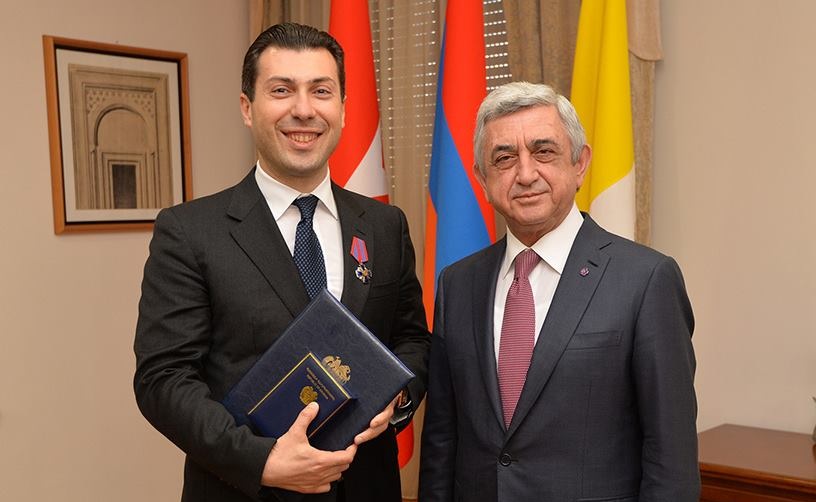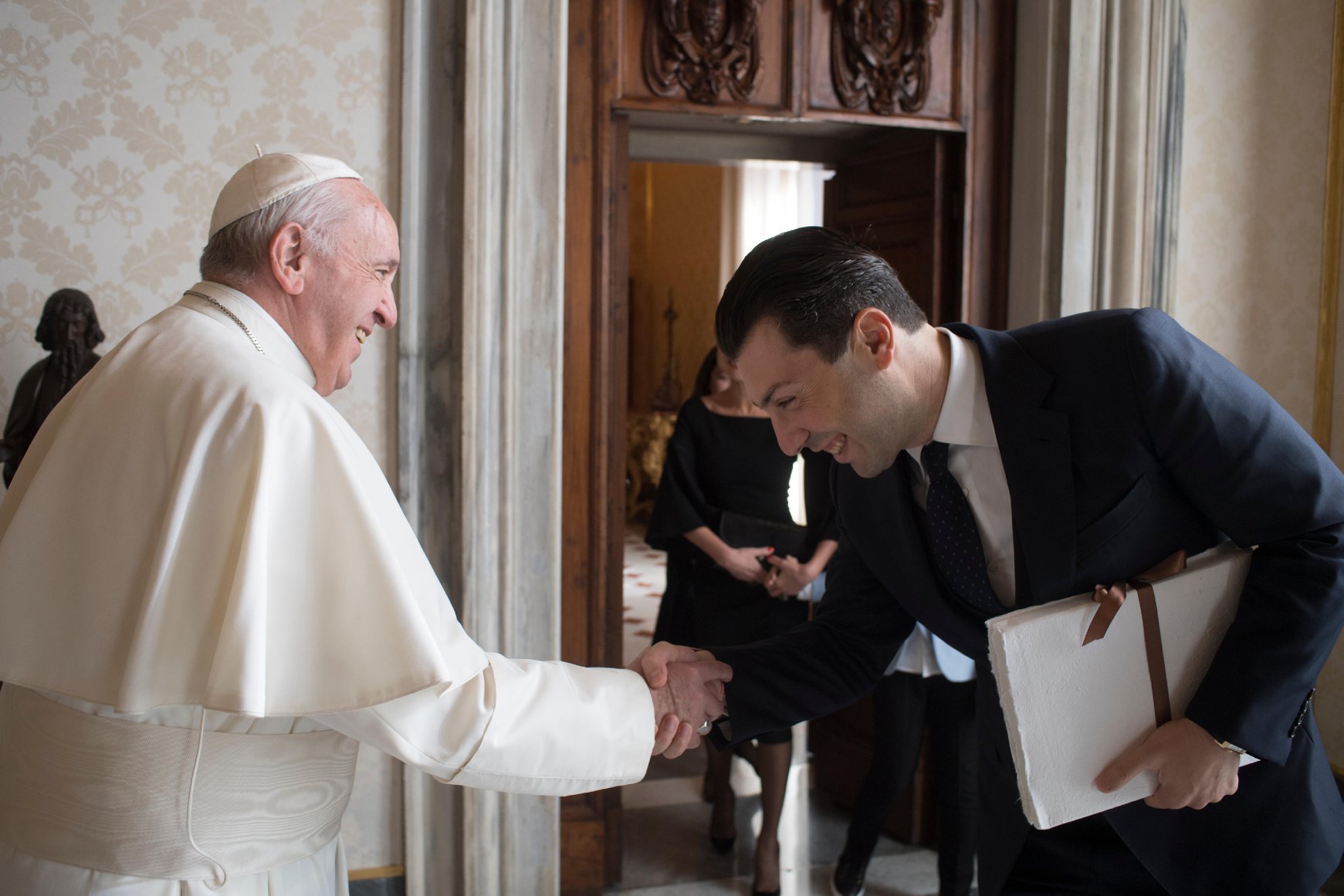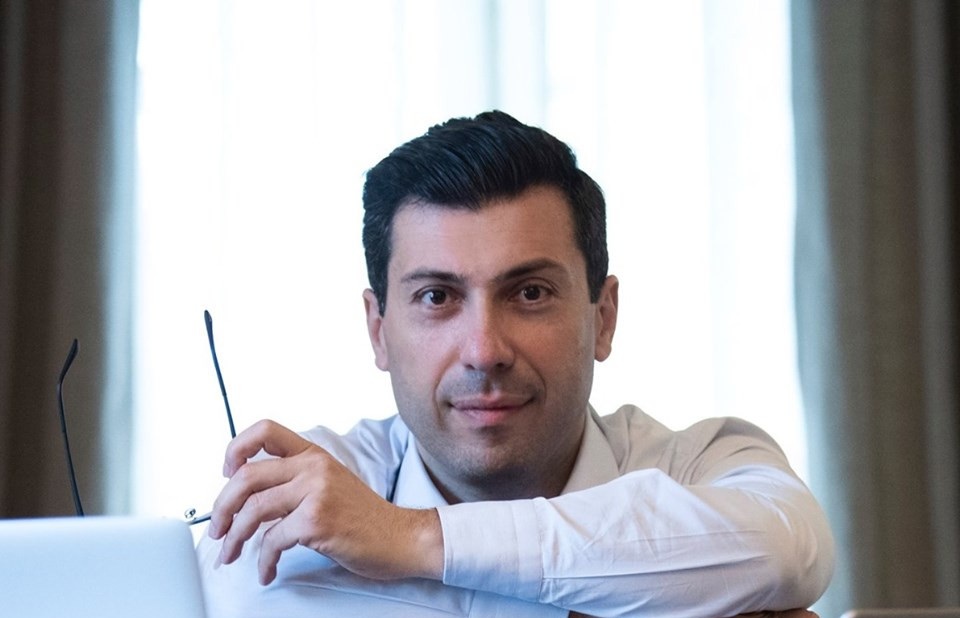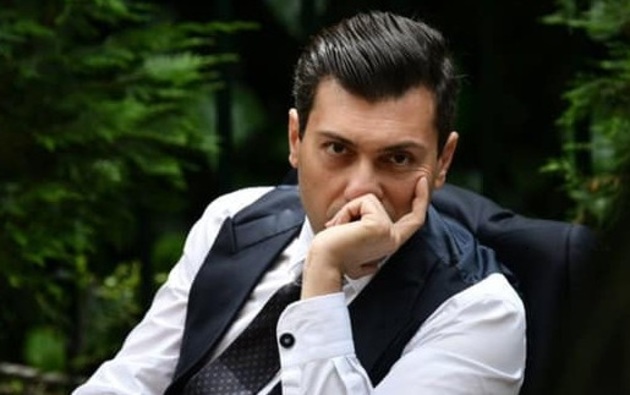Recently, the former Armenian ambassador to the Vatican, the son-in-law of the ex-President Serzh Sargsyan, Mikael Minasyan, announced through social networks that the acting Prime Minister Nikol Pashinyan allegedly agreed to new principles of demarcation of the Armenian-Azerbaijani border, and also decided to make territorial concessions in exchange for the withdrawal of Azerbaijani troops from the territory of Armenia. In support of his words, Minasyan published a certain tripartite document, a significant part of the text of which was shaded, stating that the document has a classified part, which is at the stage of approval.
Earlier, Minasnyan exposed Pashinyan and his family in jewelry smuggling and predicted his flight from the camp after the defeat in Karabakh. This time Minasnyan decided to add conspiracy theories. The time for the information stuffing was not chosen by chance - earlier at a government meeting, Pashinyan confirmed the information that he was going to sign a document worked out in the course of negotiations with Azerbaijan and Russia, assuring that the agreement fully meets the interests of Armenia. According to Minasyan, the essence of the secret documents boils down to the fact that after the surrender of Karabakh, Nikol Pashinyan also gives up the territory of Armenia.

Who is Mikael Minasyan and why did he choose the path of Pashinyan's main whistle-blower? Serzh Sargsyan's young ambitious son-in-law was appointed to a comfortable position by the Armenian Ambassador to the Vatican in March 2013. Minasyan's political career could have continued in Armenia after the republic's transition from a presidential to a parliamentary form of government. Sargsyan tried to move from the presidency to the premier one, but Nikol Pashinyan's revolution swept away the regime of the Karabakh clan, and left Minasyan out of business.
For all the elegance and sophistication, Minasyan has all the signs of a social phobia: he is afraid of cameras, avoids people, never speaks in public, preferring to record his revelations alone in the kitchen or on the veranda.

His sudden appearance in the information space of Armenia raised many questions, as did his position, since many did not understand why an embassy was established in the Vatican at all. There are few Catholics in Armenia, and the Armenian embassy in Italy could easily handle representation in the Catholic world. Much will become clear if we take into account that the Vatican Bank was previously seen in money laundering, including the Italian mafia. The corrupt Karabakh clan, which had managed to withdraw significant capital outside Armenia in a quarter of a century, needed a man in Europe who was ready to oversee business interests. The Karabakh clan has never refused to support the influential circles of the Armenian opposition in Europe, which probably still remains the curator of Minasyan's ideological policy, supplying him with "exclusive information".

Now Serzh Sargsyan's son-in-law is forming the third front of the anti-Pashinyan opposition. The first front is the bloc of Pashinyan's main opponent, ex-president Robert Kocharian. The second front is represented by Sargsyan and the overthrown RPA; his goal is to clear the political space so that Kocharyan will have no other rivals besides Pashinyan in the upcoming early summer elections. Minasyan's mission is to provide an ideological cover for Kocharyan by destroying Pashinyan's reputation and consolidating his image as a national traitor. To achieve this goal, the Anti-Nikol movement was created in early May, ready to absorb all those dissatisfied with Pashinyan's policies. The movement has no plans to participate in the elections. Its goal is to convince the population that Pashinyan has no place in Armenian politics. Minasyan's task is to confuse the Armenian public even more.

The last disclosure of Sargsyan's son-in-law was dedicated to the implementation of this task. Note, however, that the issues of demarcation of the Armenian-Azerbaijani border do not fit into Minasyan's conspiracy theories. For more than a quarter of a century, the Armenian-Azerbaijani border in the area of Zangilan, Kubatly and Kelbajar was perceived by Armenian separatists as a convention. Now Yerevan is in no hurry to demarcate the border, hoping to fix the actual situation. It is up to Russia to resolve this dispute, since if Yerevan does not have Soviet cartographic materials, then they should be in the Russian archives of the Ministry of Defense. However, constructive work may be hindered by Minasyan's "exposure", in which Azerbaijan appears as a territorial aggressor, Pashinyan as a coward and a traitor, and Russia as a passive observer of the destruction of Armenian sovereignty.






